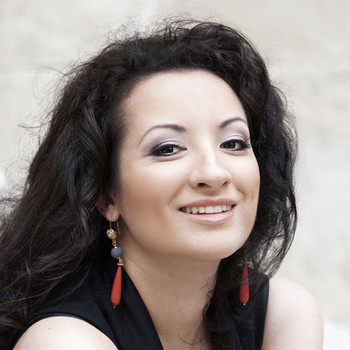Jules Massenet wrote his opera about the penitent courtesan for the woman he loved, the Californian soprano Sybil Sanderson. The libretto is based on the novel of the same name by Anatole France which appeared in 1890 and caused a scandal. Massenet’s opera tones down the novel’s anticlerical, satirical elements and shows the two main protagonists as victims of tragic delusion. Despite a scandalous exposure of Sanderson’s breasts, the first performance in 1894 was not particularly successful. Following a thorough revision, the second version, premiered in 1898, was a global success and was even turned into a silent movie – with singers. On stage the work stands or falls with the singer performing the title role. Thaïs is a difficult part, both to sing and to act. Massenet’s score bears the hallmarks of fin-de-siècle style: it is seductive, poetic and melancholy. But it is more than just a lustrous, glossily elegant veneer, a criticism that long hampered further success after 1930. From the outset, Massenet’s subtle psychological portrayal hints that neither Athanaël’s celibacy nor Thaïs’ dissoluteness is really irreversible. The famous Méditation reveals what is going on inside Thaïs during her conversion. The work’s sophistication is also demonstrated by a web of musical motifs that culminate in the Méditation and the tragic dénouement. In the mirror aria, Thaïs’ reflection on her life that leads to her conversion, Massenet attains a fusion of words and music that epitomises French opera and influenced later composers such as Debussy. With the big scenes and ballet sequences Massenet links the structure of Thaïs to grand opéra but what he really shows is the personal drama of two individuals and the misguided, misunderstood feelings they have for one another. Their fates, unlike those of the protagonists in Rossini’s Guillaume Tell or Verdi’s Don Carlos, are not connected to high-level politics. Instead we see how the way the roles of men and women are defined in this patriarchal society make relationships impossible.






.jpg)
.jpg)
.jpg)
.jpg)
.jpg)
.jpg)
.jpg)
.jpg)
.jpg)
.jpg)
.jpg)
.jpg)
.jpg)
.jpg)
.jpg)
.jpg)
.jpg)
.jpg)